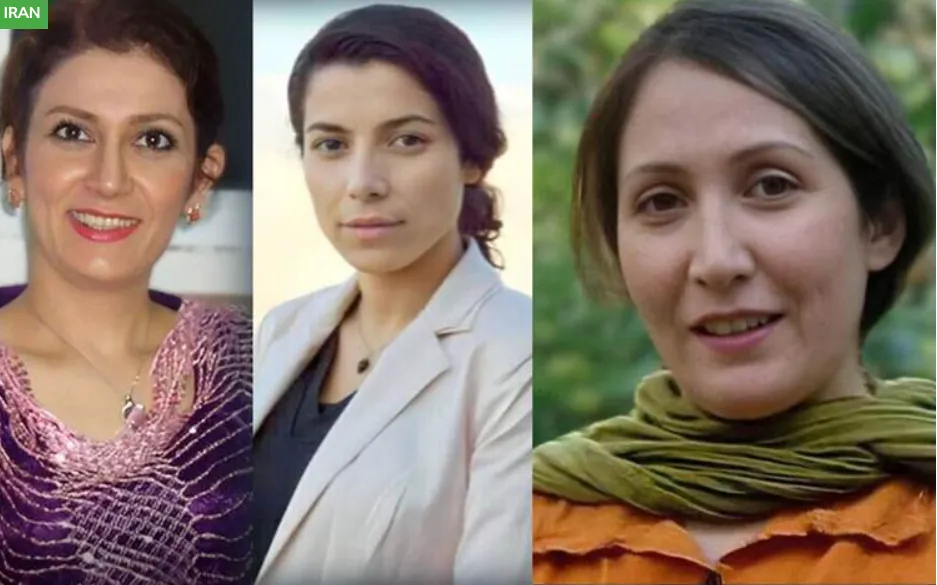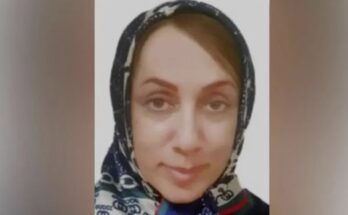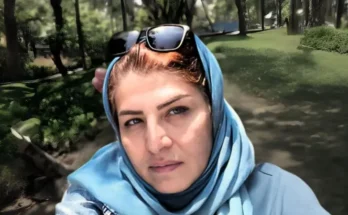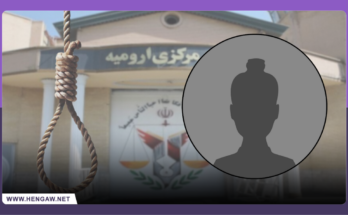Source: Kurdistan Human Rights Network

More than 200 lawyers in Iran have issued a joint statement calling on the head of the country’s judiciary to halt the executions of Pakhshan Azizi, Verisheh (Wirishe) Moradi and Sharifeh Mohammadi.
In their statement, the lawyers emphasised that the right to life is the most fundamental human right and that executing such sentences not only contradicts Islamic, humanitarian and human rights principles, but also violates Iran’s international obligations.
The signatories warned that executing the death sentences would deepen psychological insecurity and undermine public confidence in the judicial system.
They also cautioned that such actions could have irreparable impact on national unity and fuel a sense of discrimination among Kurdish civilians.
The full text of the statement:
In the Name of God, Justice, and Human Dignity
To the Honourable Head of the Judiciary, Ayatollah Mohseni Ejei
We, a group of Iranian lawyers, write to you not only in our professional capacity but as individuals who have sworn to uphold justice, human rights, and dignity. With deep concern and a profound sense of professional and moral responsibility, we submit this plea for justice to Your Excellency. The enforcement of such sentences is not only in conflict with Islamic and humanitarian principles and international human rights standards but also contravenes Iran’s international commitments concerning the right to life and fair trial.
1. The right to life is a fundamental, human-Islamic, and inviolable right
According to Article 3 of the Universal Declaration of Human Rights and Article 6 of the International Covenant on Civil and Political Rights, the right to life is the most fundamental human right, one that must never be violated under any circumstances. We firmly believe that the death penalty—especially in cases fraught with legal ambiguities and procedural flaws—does not serve the cause of justice but rather constitutes a flagrant violation of human rights.
2. The need for fair trials and judicial transparency
One of the fundamental principles of law is the right to a fair trial, which is enshrined in Iran’s domestic legislation, including Articles 34 to 37 of the Constitution. The cases of Pakhshan Azizi, Verisheh Moradi, and Sharifeh Mohammadi have raised serious concerns regarding procedural deficiencies, restricted access to legal representation, inadequate examination of evidence, and a lack of impartiality in the judicial process. Any rush to execute these sentences would be a direct violation of the right to defence and a grave miscarriage of justice.
3. Social and ethical consequences of the death sentence
Beyond its legal dimensions, carrying out the death penalty in the cases of Pakhshan Azizi, Verisheh Moradi, and Sharifeh Mohammadi would have severe consequences for society. Such actions would not only exacerbate psychological distress and erode public trust in the justice system but could also inflict lasting harm on national unity and deepen perceptions of discrimination among Kurdish civilians.
4. An urgent call for the immediate halt to the execution and a case review
Today, Pakhshan Azizi, Verisheh Moradi, and Sharifeh Mohammadi stand on the brink of a death that is not the outcome of justice but the result of a rushed decision born out of a process riddled with uncertainty. If carried out, this execution will not only claim a human life but will also wound the conscience of an entire nation. As legal professionals of this land, we urgently demand the immediate halt to Pakhshan Azizi’s death sentence and a thorough reassessment of her case through a fair, transparent, and impartial judicial process. Furthermore, we insist that the legal rights of Verisheh Moradi be fully upheld, particularly regarding her appeal against the initial death sentence. We expect the judiciary to act in accordance with the principles of justice, legal standards, and humanitarian considerations, ensuring a fair trial while preventing the enforcement of a sentence with irreversible consequences.
The cries of mothers, the tears of sisters, and the anxious gazes of a people who still hold on to hope for justice plead with Your Excellency: issue an urgent order to halt the execution of Pakhshan Azizi and refer her case for reconsideration by the competent legal authorities. Justice can only be realised through respect for rights and fairness, not through hasty executions.




